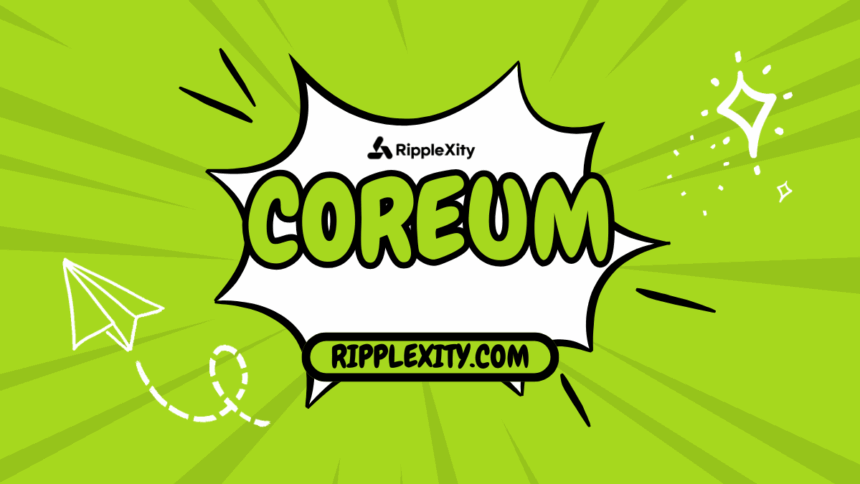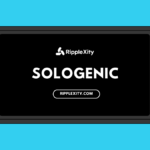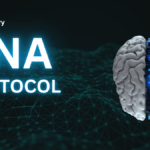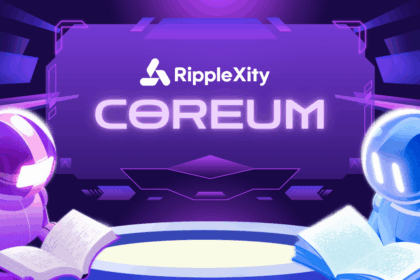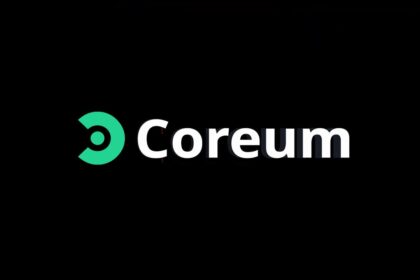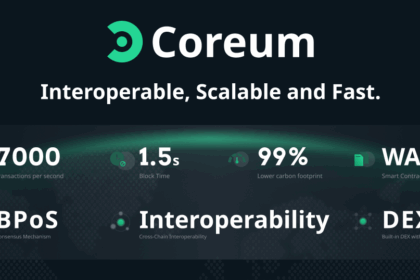Coreum, a Layer-1 blockchain built for enterprise-grade adoption, continues to solidify its position as a high-performance, developer-friendly platform with advanced features tailored for institutions, developers, and real-world asset tokenization.
Designed and developed by the Sologenic Development Foundation, Coreum emphasizes scalability, regulatory readiness, and interoperability—key pillars for real-world adoption in financial markets.
🔧 Built for Institutions and Real-World Use Cases
Coreum’s architecture is focused on providing the tools necessary for tokenizing traditional assets, building compliant DeFi platforms, and enabling real-world applications through:
- WASM Smart Contracts:
WebAssembly-based contracts give developers flexibility and speed while ensuring high performance, making it ideal for enterprise-grade deployments. - Native Tokenization Framework:
Coreum offers built-in tokenization features, allowing users to issue fungible and non-fungible tokens (FTs and NFTs) directly on-chain without requiring third-party smart contracts. - Interoperability:
Coreum supports inter-blockchain communication (IBC), enabling seamless asset movement across compatible blockchains in the Cosmos ecosystem. - Fast Finality:
Transactions on Coreum reach finality in 2 seconds with up to 7,000 transactions per second (TPS), offering a scalable base for real-time applications.
🪙 Core Token (CORE) Overview
- Token Symbol: CORE
- Blockchain: Native Layer-1 (not XRPL)
- Utilities:
- Network fees
- On-chain governance
- Staking rewards
- Gas for smart contracts
- Staking Mechanism:
Core token holders can stake CORE to participate in network consensus and governance, securing the network and earning rewards. - Governance:
The Coreum network uses an on-chain governance model where CORE stakers can vote on proposals affecting protocol upgrades and economic parameters.
📱 Developer & Ecosystem Support
- Coreum Devnet and Mainnet are publicly accessible, with active documentation for developers.
- The platform supports multiple SDKs and has a growing repository of tools and tutorials.
- Community and hackathon initiatives are regularly launched to attract developers and builders.
📈 Enterprise Use Cases and Positioning
Coreum is designed to support:
- Tokenized stocks, bonds, and commodities
- Regulatory-compliant stablecoin issuance
- Enterprise resource tokenization
- Decentralized exchanges and payment systems
While specific enterprise integrations are not yet disclosed at large scale, the protocol’s infrastructure is built to meet institutional needs.
Conclusion:
Coreum delivers a robust blockchain infrastructure with the technical capacity for real-world financial and enterprise-grade use cases. Backed by the Sologenic team and designed for compliance and performance, Coreum positions itself as a credible platform in the Layer-1 landscape, with a clear focus on regulated asset tokenization and institutional adoption.




